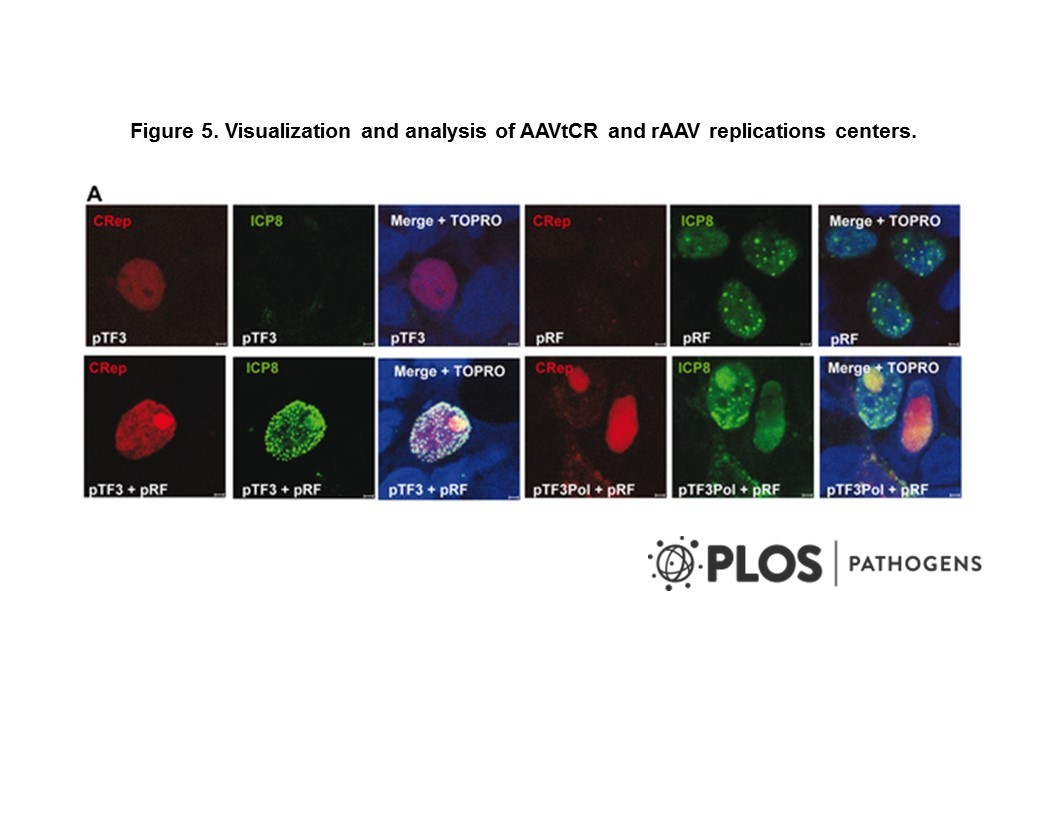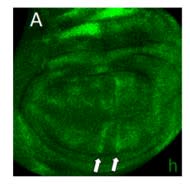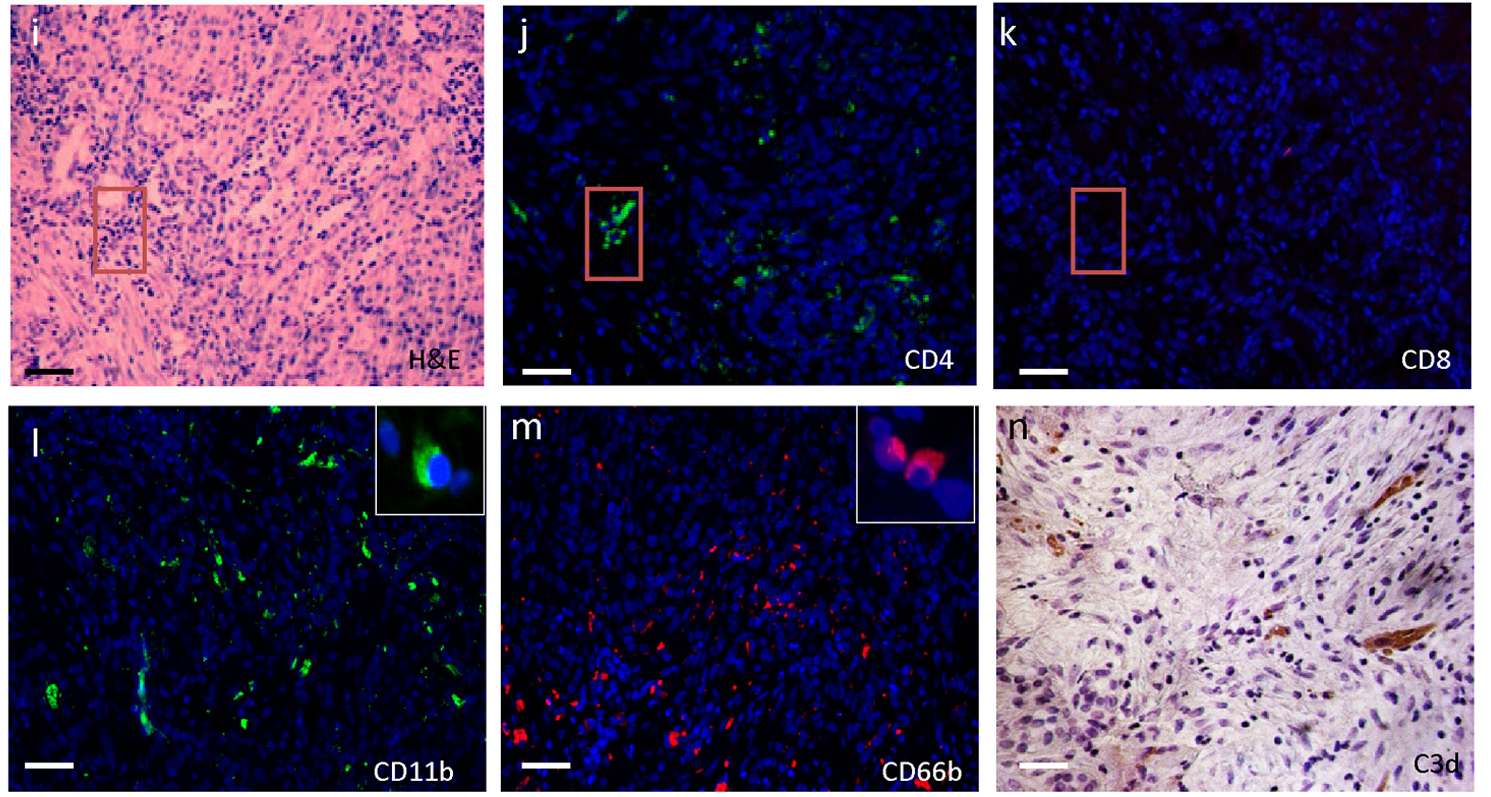
Cat. #156473
Anti-phospho Pax3 [Ser209]
Cat. #: 156473
Sub-type: Primary antibody
Unit size: 100 ug
Availability: 10-12 weeks
Target: Phosphorylated Ser209 of Pax3
Class: Monoclonal
Application: WB
Reactivity: Human ; Mouse
Host: Rat
£300.00
This fee is applicable only for non-profit organisations. If you are a for-profit organisation or a researcher working on commercially-sponsored academic research, you will need to contact our licensing team for a commercial use license.
Contributor
Inventor: Andrew Hollenbach
Institute: Louisiana University Health Sciences Center New Orleans (LSU)
Tool Details
*FOR RESEARCH USE ONLY
- Name: Anti-phospho Pax3 [Ser209]
- Tool sub type: Primary antibody
- Class: Monoclonal
- Conjugation: Unconjugated
- Reactivity: Human ; Mouse
- Host: Rat
- Application: WB
- Description: Pax3 is a transcription factor important for myogenesis and when dysregulated can cause pediatric solid muscle tumor alveolar rhabdomyosarcoma (ARMS). ARMS is primarily characterized by the t(2;13)(p35;p14) chromosomal translocation, which results in the oncogenic fusion protein Pax3-FOXO1. Using these phospho-specific antibodies it was demonstrated that the pattern of Pax3 phosphorylation at serines 201, 205, and 209 changes throughout early myogenic differentiation and that this pattern is different for Pax3-FOXO1 in primary myoblasts and in several ARMS cell lines.
- Immunogen: synthetic peptide: NH2-DID(pS)EPDLPLKRC-CO2
- Recommended controls: IgG
Target Details
- Target: Phosphorylated Ser209 of Pax3
- Tissue cell line specificity: IgG
- Target background: Pax3 is a transcription factor important for myogenesis and when dysregulated can cause pediatric solid muscle tumor alveolar rhabdomyosarcoma (ARMS). ARMS is primarily characterized by the t(2;13)(p35;p14) chromosomal translocation, which results in the oncogenic fusion protein Pax3-FOXO1. Using these phospho-specific antibodies it was demonstrated that the pattern of Pax3 phosphorylation at serines 201, 205, and 209 changes throughout early myogenic differentiation and that this pattern is different for Pax3-FOXO1 in primary myoblasts and in several ARMS cell lines.
Applications
- Application: WB
Handling
- Format: Liquid
- Unit size: 100 ug
- Shipping conditions: Shipping at 4° C
References
- Loupe et al. 2015. Oncogenesis. 4:e145. PMID: 25821947.
- Dietz et al. 2011. Int J Biochem Cell Biol. 43(6):936-45. PMID: 21440083.





